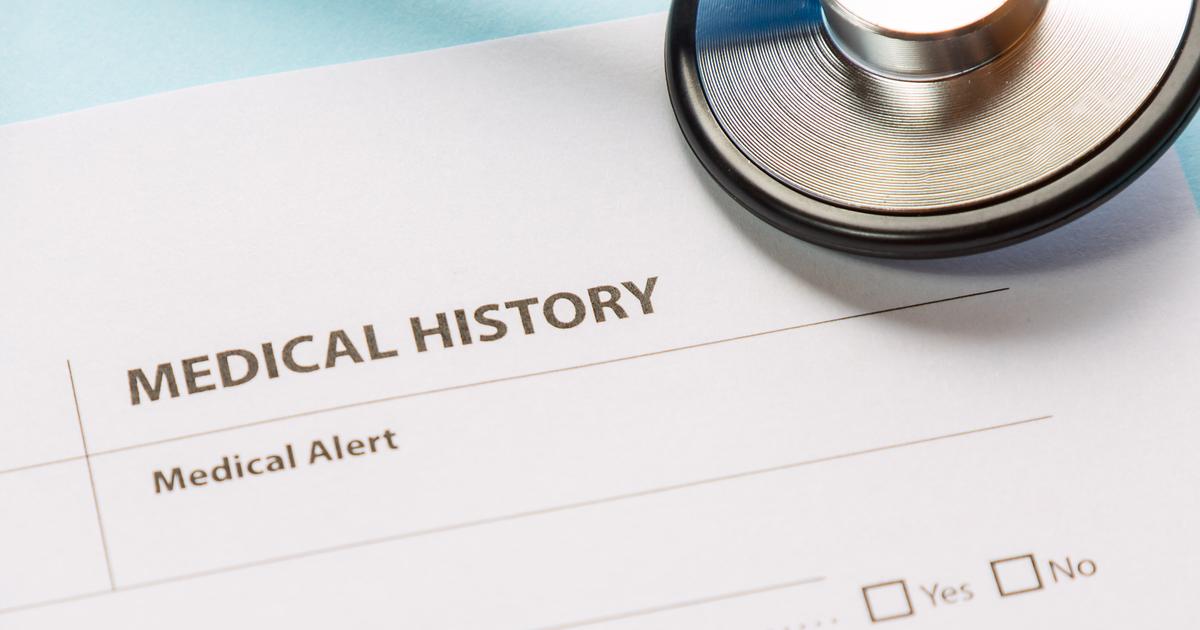Dealing With Parkinson's Disease: A Guide For Patients And Families
Parkinson's Disease Tests And Diagnosis

There are, unfortunately, no standard tests for diagnosing Parkinson's disease. Instead, doctors will make a diagnosis based on a review of their patient's symptoms, medical history, and physical and neurological examination. Doctors will also consider other conditions that may be causing the symptoms and order tests for them. This may include imaging tests that do not assist in diagnosing Parkinson's disease.
Patients may also be prescribed disease-specific medication. If their condition improves significantly while taking the medication, it is likely confirmation of the diagnosis. Diagnosing Parkinson's disease can take some time and require regular follow-up appointments to evaluate symptoms. Family members may also need to be consulted for information during this process as well.
Preparing For Doctor's Appointments

Patients and their families should always ensure they are prepared for a doctor's appointment when dealing with Parkinson's disease. With this in mind, they should note down symptoms, even if they do not seem related, as well as any recent major changes or stresses. Additionally, these notes should include all the medications the patient is taking. This must include natural supplements and vitamins as well.
Patients and their family members should also consider writing down all of the questions they have, no matter how insignificant they may seem. Some things many individuals will want to know about include what tests they will require, treatments being considered, and details on other conditions being dealt with. Many patients will also want more information about Parkinson's disease. While patients can go alone, it is incredibly helpful to bring a family member or other loved one along for emotional support, especially where questions are concerned. They can fill in any gaps if the patient is unable to do so.
